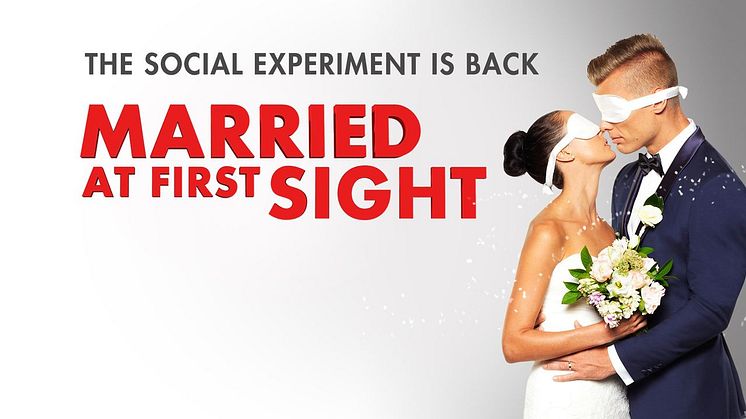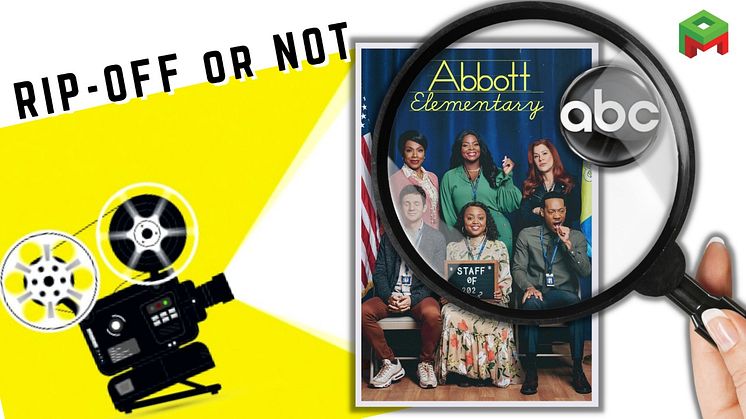
News -
Stealing ideas for TV shows - that’s reality!
How valuable can a simple idea be? In the cut-throat world of "reality television" programming, very valuable indeed. When a program depends so much on production contrivances to generate the drama, an inspired format tweak here or there can mean the difference between ratings smash or crash.
Just take, for example, the accusations of stolen ideas flying between producers of the three top-rating reality game shows in Australia.
For the nation’s three commercial TV channels (Seven, Nine and Ten), the game shows are their hottest commercial properties alongside staple evening news broadcasts. Currently battling for prime position in audience share is Nine’s Married at First Sight and Seven’s My Kitchen Rules. Ten’s I’m a Celebrity ... Get Me Out of Here! Is a more distant but still lucrative third.
It’s the elevation of "Married at First Sight", now in its fourth season, from ratings bridesmaid to bride that has rival producers claiming ideas adultery. The show’s newfound attractiveness, rival producers say, is all to do with a format overhaul that has shamelessly pillaged aspects of other reality programs, including My Kitchen Rules.
"They have stolen the parts from other shows which work, they have tried to roll all the controversial bits into one program," a programming executive from another network reportedly told tabloid The Daily Telegraph. "It’s not that same Married At First Sight, it is nothing like the original show."
The basic construct of the program is exactly what its title says: a core cast of characters are "married" to people they’ve never met before. The series then documents the drama, conflict and romance that ensues.
One of the major changes to the format this year is that the various couples are now detained together in one house, as on successful franchises such as Big Brother and The Batchelor. The program also features dinner parties, similar to its main rival, with contestants liberally supplied with alcohol to facilitate intercourse and invective.
But the similarities, while obviously inspired by other programs, offered no course for legal action, the programming insider told The Daily Teleraph, since the program was not sufficiently similar to any other to prove it was a direct rip-off.
It’s a cautionary lesson for any Creator with a simple idea to improve an existing product. That idea could well be a gold mine. If you share it with others without taking measures to secure your claim of ownership, however, you risk it being plundered with little or no legal recourse for financial compensation.
Now it's over to you:
- Comment on this story below
- Share this story using the social media channels above
- Register for PitchMark
- Share with us your own story of idea theft
- Follow PitchMark by clicking the red "Follow" button above

